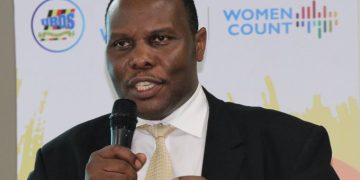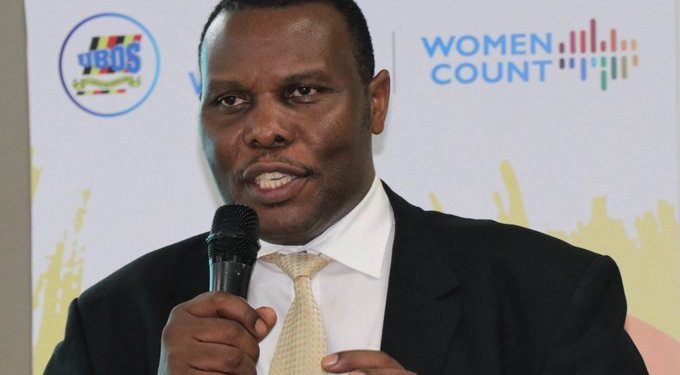Uganda Bureau of Statistics (UBOS) Deputy Executive Director, Godfrey Nabongo, has said statistics must be relevant and in a language that people can understand.
“Therefore, we are going to present it in a more lay language for all to understand. We are looking up to big data, and are to largely invest in data science,” he said ahead of the National Population Census set for August 2023.
“We ought to have more engagements and dialogues with stakeholders so that all feed into the final AGSF National Statistical indicators on Gender. We can consider such to measure Gender variables for completeness,” he noted.
Nabongo was Thursday speaking at the Sixth Annual Gender Statistics Forum held at Africana Hotel in Kampala.
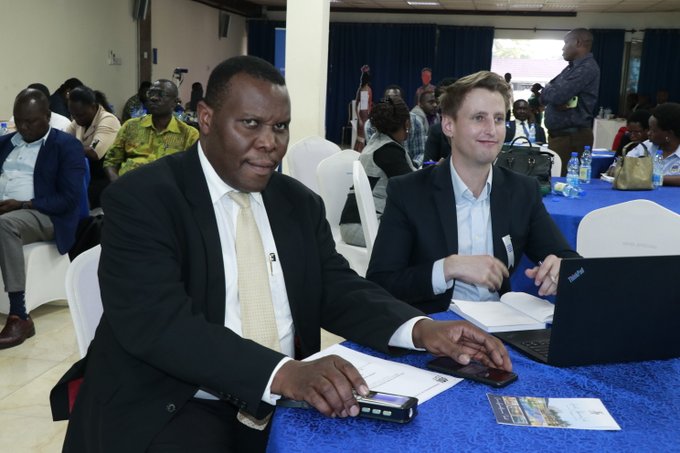
He added: “We are to consult widely on whether indicators serve the desired purpose. Just in case anyone lands on data which is not well-founded and unclear, report it to us for verification. We are going to extract a gender module out of this workshop report.”
While addressing the forum, UN Women Deputy Country Representative, Adekemi Ndieli, said data and statistics are indispensable tools for evidence-based policies. She said gender inequality is a great barrier to human development due to unequal access to resources.
“Our support to UBOS and other actors has increased production and use of Gender statistics to address gender equality. Gender disaggregated statistics are critical in eliminating discrimination against women,” she noted.
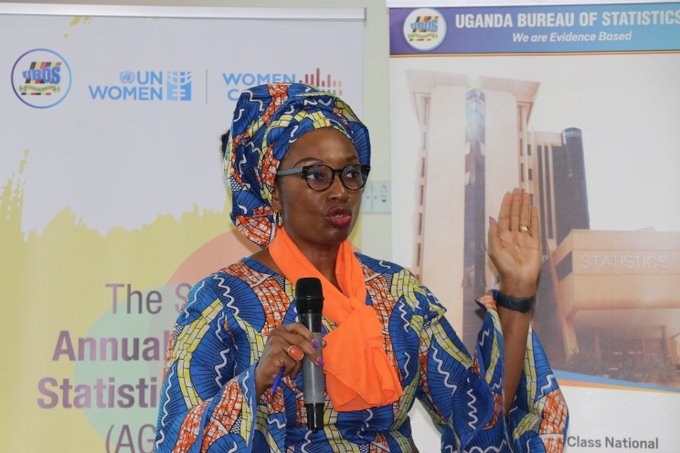
She said Uganda has adopted the use of web-based technology to improve access to data and statistics like Gender statistics. “This bridges the knowledge gap bringing together stakeholders and helps us weigh on the milestones and gaps.”
Medard Kakuru, a Research Analyst at the Economic Policy Research Centre (EPRC), said Unpaid Care Work (UCW), which refers to all unpaid services provided within a household, explains 50% to 67% of the difference in labour outcomes.
According to him, Women’s UCW is worth USD 10 trillion (14% of the global economy). “Women spend 7.1 hours on UCW compared to 5.3 hours for men. Women in the private sector earn significantly lower than men (150,000:240,000) and nationally (180,000:300,000).
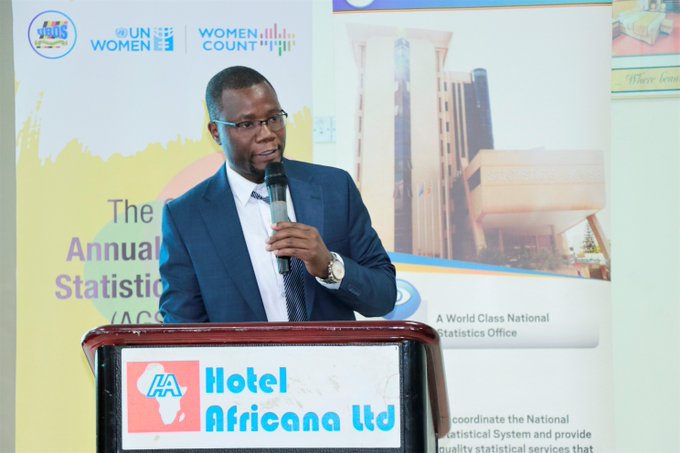
He said inequality can be reduced by; creating family-friendly working policies, maternity leave of 14 weeks (ILO standard), equal amounts of maternity and paternity leave, flexible work schedules, tackling discrimination, mindset and attitude among men and boys.
In his presentation, Vincent Fred Ssennono, the Head Demographics and Social Statistics Department at UBOS, said about 26 million people lack access to electricity and about 38 million lack clean cooking solutions in Uganda.
Households with a deprivation score of 50% or higher are considered to be severely multi-dimensionally energy poor.
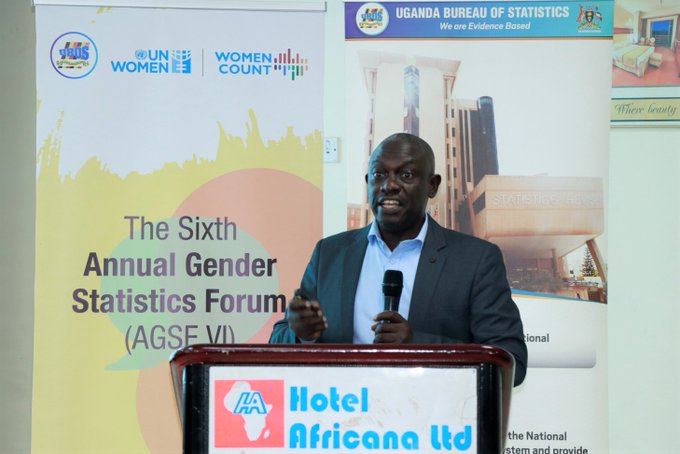
He said about 4.7 million households in Uganda lack access to and cannot afford modern energy services. “The proportion of households in Uganda which are multidimensionally poor is 66% while 50.5% of households are energy poor and deprived,” he said.
According to him, households with economically empowered females are likely to utilize modern energy services hence empowering women in households minimizes energy poverty.
Salume Ofwono, a Gender Specialist Fostering Gender and Equity, called for i) comprehensive coverage of gender issues ii) incorporating a gender perspective into the design of surveys/audits -to avoid gender biases iii) improving data analysis and data presentations.
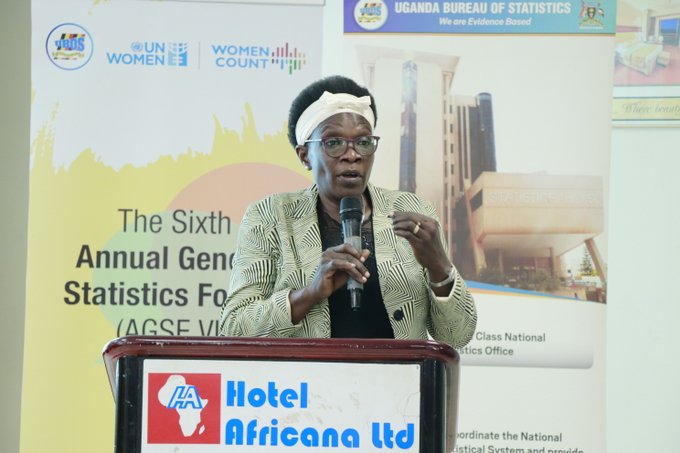
“Adequately reflect on differences and inequalities in the situation of women and men. The situation of women can be adequately described by comparing it to that of men.”
According to Salume, gender and equity statistics are defined by a)data collected and presented by sex; b) data reflecting gender issues; c) data reflecting the diversity of women and men; d) data collection methods take into account stereotypes and social and cultural factors.
